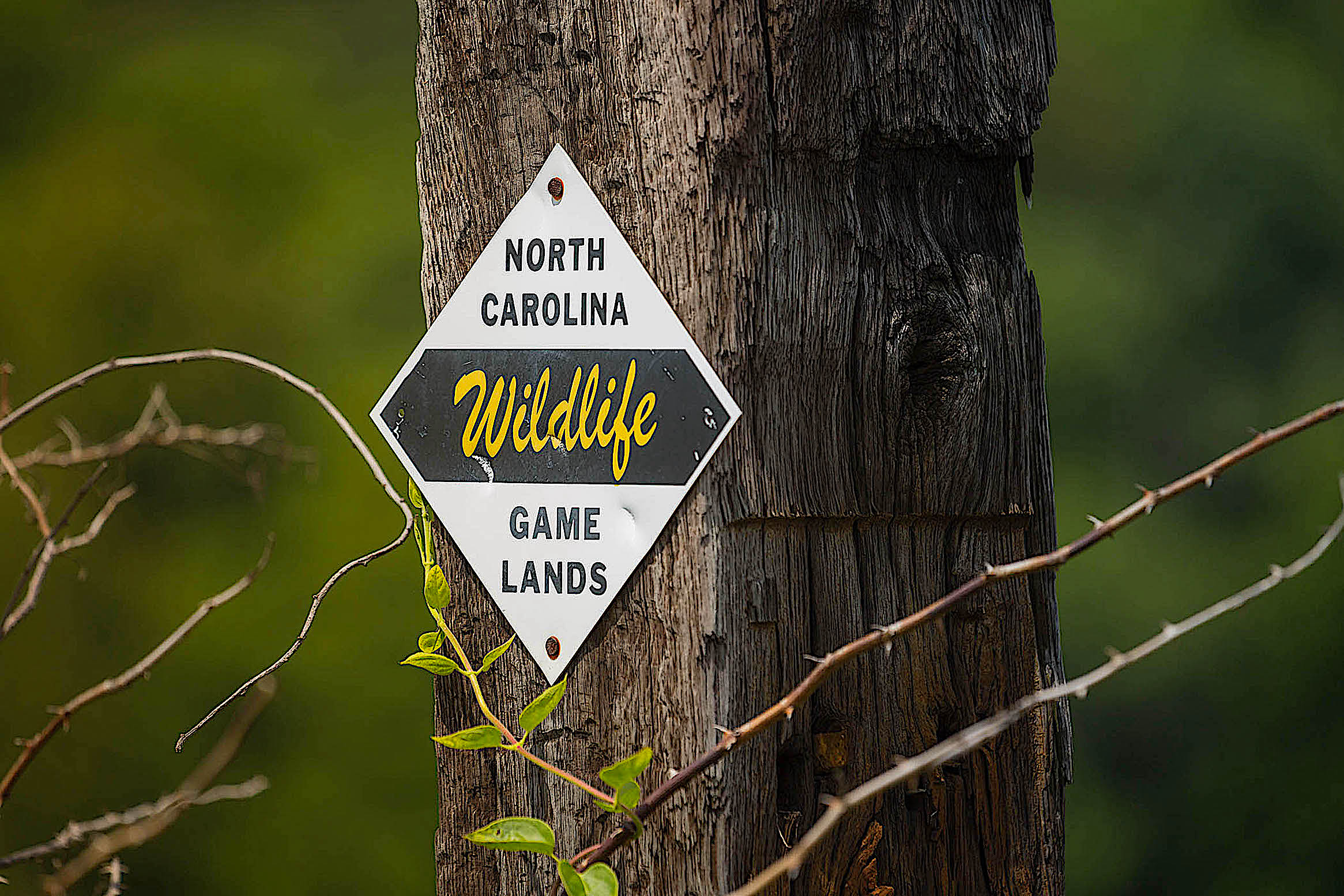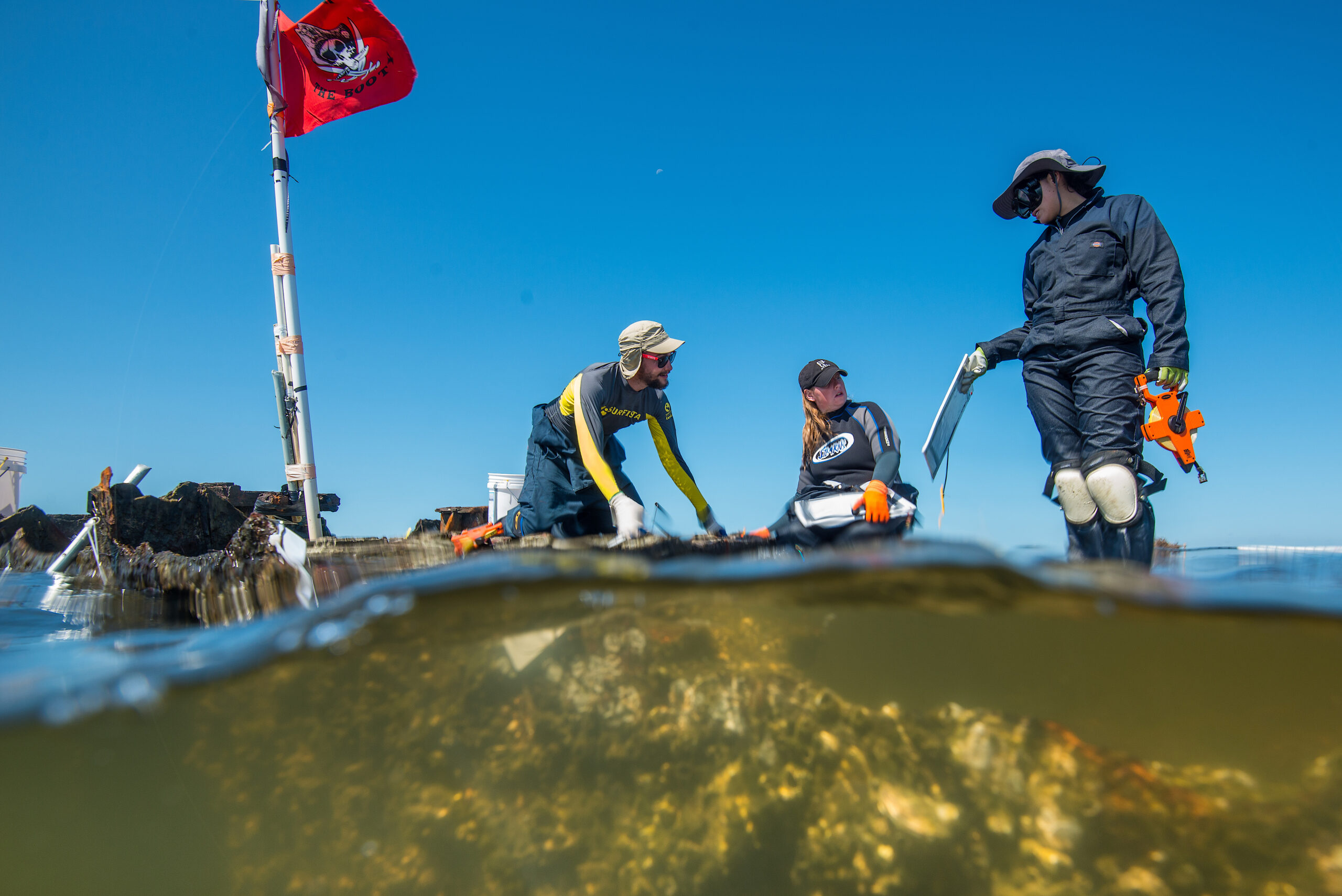Economic Impact: Wildlife Management Areas Support Local Businesses
New research shows how hunters, anglers, and boaters make significant contributions to the local and state economy.

Wildlife Management Areas are protected lands for the conservation of wildlife and public access for hunting, fishing, trapping, and other outdoor recreational opportunities.
These areas are an important global conservation tool but sometimes face criticism regarding their potential impact on local economies.
Extensive research has evaluated the contribution of overall recreation to state and national parks, but we know less about how hunters, anglers, and others contribute to local economies when recreating at wildlife management areas. Assessing the economic contribution of recreation at wildlife management areas allows agencies and governments to make informed decisions about how wildlife management areas are developed.
We surveyed approximately 2,000 visitors to wildlife management areas to understand their activities, how frequently they visited these properties, and the expenses incurred.
We also estimated annual visits to all wildlife management areas in North Carolina and calculated the economic contributions of these visitors to the state and to local communities.
$140 MILLION IN ADDED VALUE —AND COUNTING
We found that most visitors to wildlife management areas did not hunt or fish, and these ‘non-traditional’ visitors spent $119.83 per trip on average, compared to $84.19 per trip on average for hunters and fishers.
Overall, recreation at wildlife management areas in North Carolina was responsible for approximately 2,200 jobs, $84 million in annual labor income, and $140 million in annual value added to the state’s economy (i.e., gross domestic product).
We also found that communities near wildlife management areas readily captured and retained those visitors’ spending. Our results indicate that every dollar a visitor spends recreating at a wildlife management area generates an additional 99 cents of economic activity in North Carolina.
Wildlife management areas are poised to become progressively more valuable for communities in North Carolina as demand for fishing and other types of nature-based recreation increases, and as open space decreases.
the full study
- “Economic Contributions of Wildlife Management Areas in North Carolina”
- more from Coastwatch on NC’s economy
- North Carolina Sea Grant’s Blue Economy series
Will Casola completed his Ph.D. at NC State University last year and is a postdoc at the University of Florida. This story originally appeared in the award-winning Hook, Line & Science series: HookLineScience.com.
lead photo credit: NCWRC.
- Categories:


